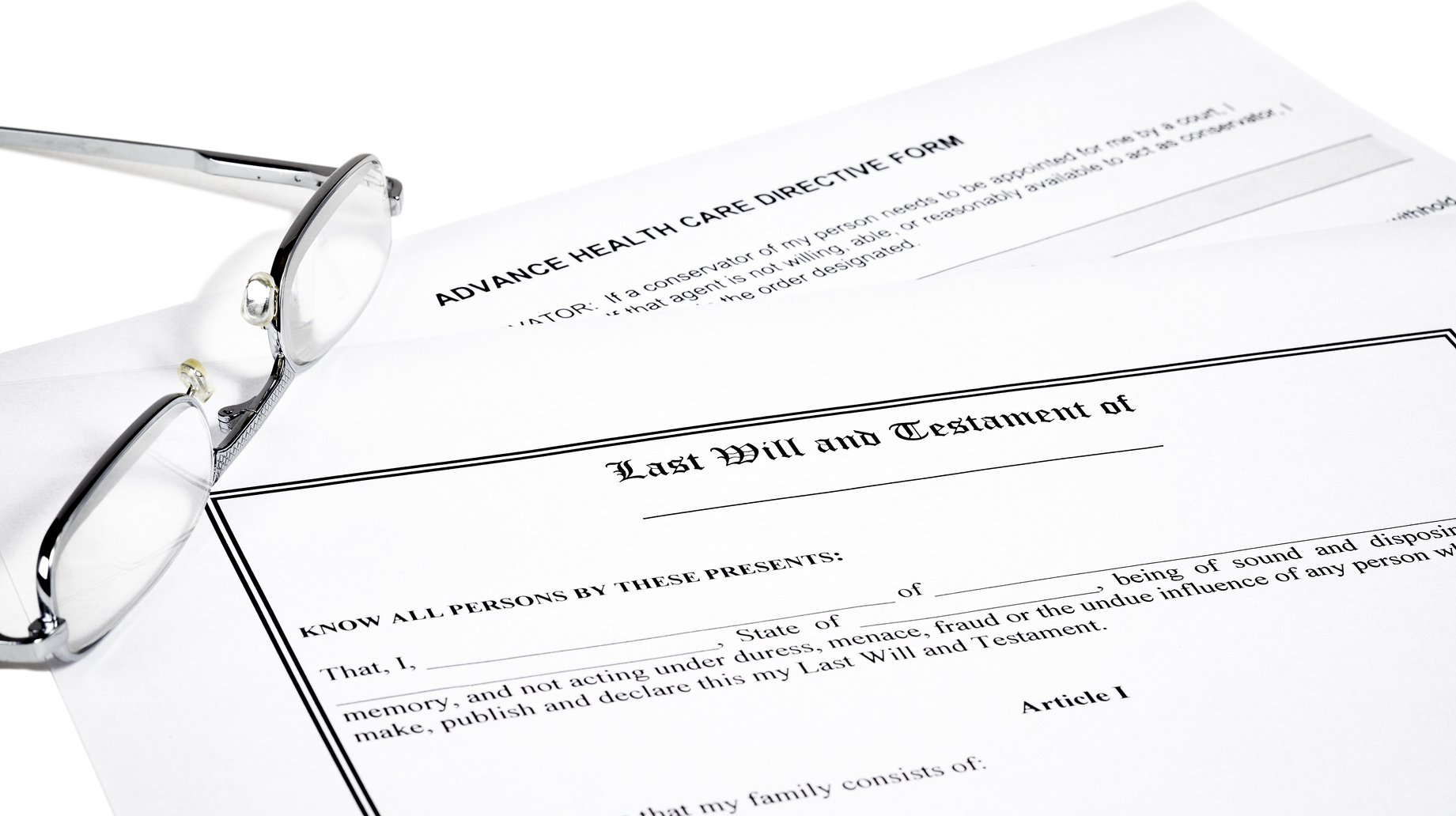A living will, despite its name, is not at all like the wills that people use to leave property at their death. A living will, also called a directive to physicians or advance directive, is a document that lets people state their wishes for end-of-life medical care, in case they become unable to communicate their decisions. It has no power after death.
If you are helping someone with their estate, or doing your own, don’t overlook a living will. It can give invaluable guidance to family members and healthcare professionals if a person can’t express his or her wishes. Without a document expressing those wishes, family members and doctors are left to guess what a seriously ill person would prefer in terms of treatment. They may end up in painful disputes, which occasionally make it all the way to a courtroom.
How to Create a Living Will
The requirements for a living will vary by state so many people hire a lawyer to prepare their living will. If you need to write or update a will or trust, you can take care of your living will at the same time.
How Living Wills Work
Many states have forms for advance directives, allowing residents to state their wishes in as much or as little detail as they’d like. For example, it is common to direct that “palliative care” — that is, care to decrease pain or suffering– always be administered, but that certain “extraordinary measures,” like cardiopulmonary resuscitation (CPR) not be used in certain circumstances.
To be valid, a living will must meet state requirements regarding notarization or witness. A living will can be revoked at any time. The document can take effect as soon as it is signed, or only when it is determined that the person can no longer communicate his or her wishes about treatment. Even if it takes effect immediately, doctors will rely on personal communication, not a document, as long as possible.
What Can a Living Will Cover?
Many people believe that a living will only directs health care providers to withhold treatment. While many choose to issue that type of instruction, a living will also allows a person to ask for all available treatment options and medical techniques, or to choose some medical options and reject others. Because a living will involves complicated medical issues, consultation with a doctor may help clarify different treatment types and assist the patient in making living will decisions. Some people do not complete living wills because they worry doctors could let them die when there is still a chance for recovery. However, a living will cannot take effect legally unless the patient is medically determined to be in a permanent vegetative state or terminally ill, and therefore unable to communicate medical preferences.
Powers of Attorney for Healthcare
Living wills are often used with a document called a durable power of attorney (DPOA) for healthcare. In some states, in fact, the two documents are combined into one. A DPOA appoints someone to carry out the wishes about end-of-life treatment that are written down in a living will or medical directive. The person named is called the “agent,” “health care proxy,” or “attorney-in-fact” of the person who makes the DPOA.
Choosing an Attorney-In-Fact
The person chosen as the attorney-in-fact or proxy for health care decisions should be a trusted individual who is comfortable discussing health care issues. Because this person may need to argue the patient’s case with doctors or family members, or even go to court, an assertive and diplomatic individual may be preferred. The representative should be well aware of the choices made in the relevant documents, and should support those instructions. It is also useful to enlist the cooperation of friends, relatives, and healthcare providers by giving them executed copies of the document for their reference, should the need arise.
Living Wills After Death
Any authority granted by a living will ends when the person who made the document dies, with the single exception that some living wills or powers of attorney gave healthcare agents the power to make decisions about organ donation or autopsy. But because those decisions must be made very soon after death, the authority is not long lasting. Again, this is in sharp contrast to a regular “last will and testament,” which has no effect when the will maker is alive, but becomes legally binding at death.























